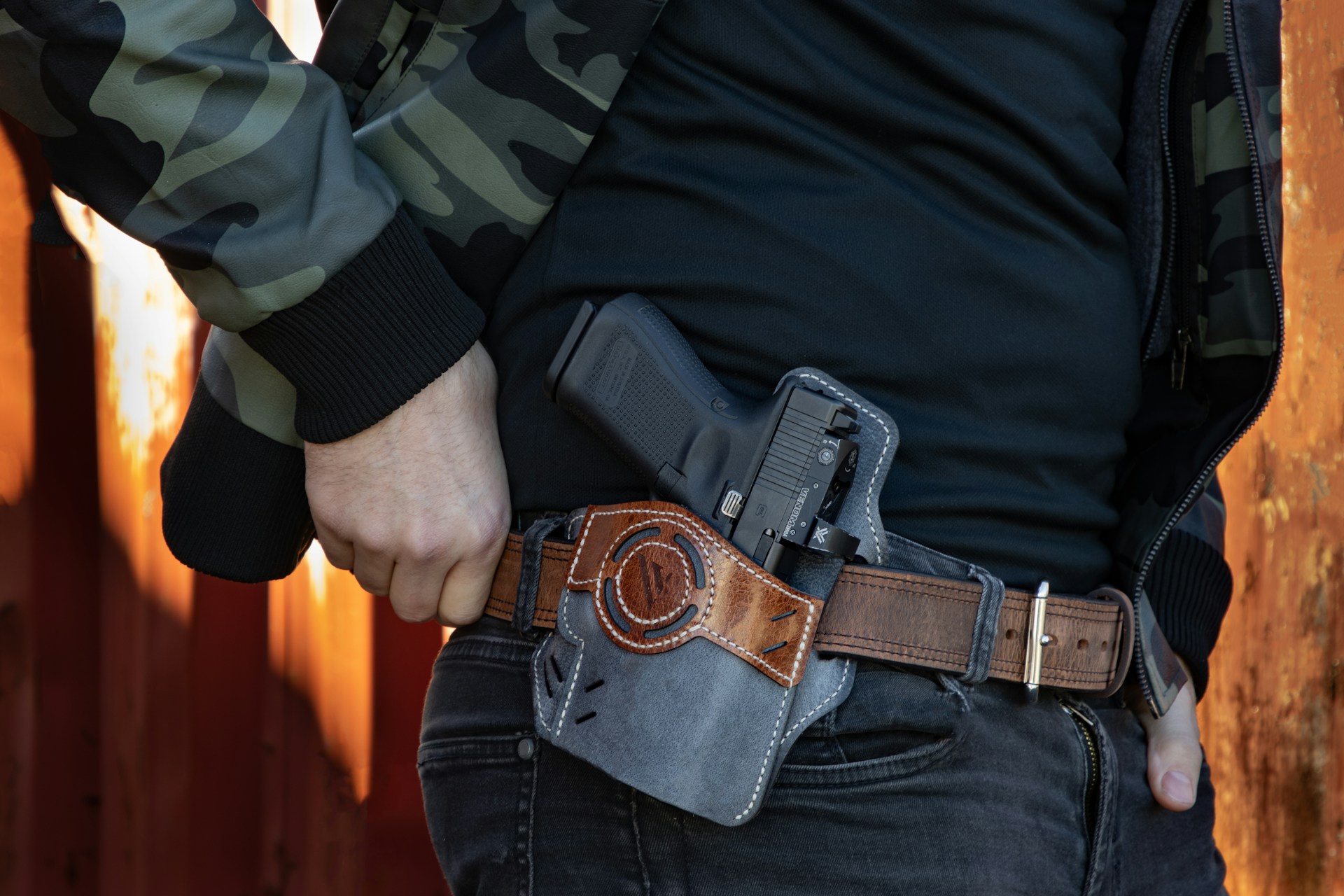Simultaneous Use Of Cannabis And Alcohol Went Up In People Ages 21-50 As States Legalized Recreational Marijuana, Study Finds
A new study revealed the potential connection between the combined use of alcohol and marijuana and the laws concerning recreational marijuana use across the United States.
The study, published in the Journal of Internal Medicine late last month, showed that the combined use of alcohol and cannabis went up from 2008 to 2019 in people ages 21-50 years old. It dropped, however, among people ages 12 to 20 years old. It also didn’t increase for people 51 years of age and up.
“Our findings are concerning considering that simultaneous cannabis and alcohol use is associated with more negative consequences (e.g., risk behaviors [driving under the influence], heavy patterns of substance use, increased risk for alcohol use disorders) to the individual and society,” Priscilla Goncalves, PhD, and first author of the study, said.
“Until this study, little had been known about the [recreational cannabis laws] and simultaneous use in adults in the U.S., where adult cannabis use and alcohol use are increasing in a changing cannabis policy environment,” Goncalves noted.
The findings come via information from the 2008 to 2019 National Survey on Drug Use and Health, which included 817,359 people. The information also included where the participants were living in 2019 to see the state’s law about recreational cannabis use.
When looking at the time period before the recreational cannabis law and afterward, a press release about the study noted that there were minor but important upticks in people who were at least 21 years old.
The study’s objective was to look at the tendencies of the simultaneous use of cannabis and alcohol and explore the connections between recreational cannabis laws, which it noted as “(i.e., presence of active legal dispensaries or legal home cultivation)” and the simultaneous use of both substances in the country.
Silvia Martins, MD, PhD, a senior author on the study, pointed out the potential reason for the discovery, stating, “The greater availability and opportunity to access cannabis through legal supply chains available for adults ages 21 and over such as dispensaries, present in most RCL states, may explain why we observed increases in simultaneous cannabis/alcohol use in those aged 21–50 but not 12–20 years after RCLs in this sample.”
“These findings build upon prior research showing that states allowing dispensaries had a greater likelihood of alcohol-related outcomes in adults aged 21+,” Martins said. “Our work confirms these findings and extends them by reporting rising simultaneous use after RCL with cannabis supply implementation using a nationally representative sample across age groups over a long period (2008–2019).”
Goncalves noted that their “study contributes to the understanding of age group changes in simultaneous cannabis/ alcohol use after the legalization of adult cannabis use in the U.S. beyond medical laws.”
“Therefore, there may be a need to develop strategies to reduce harms related to simultaneous cannabis/alcohol use in adults aged 21-50,” she added.
Another study from last month showed that the use of alcohol has gone up as states have legalized recreational marijuana use, as The Hill reported.
As of November, there are 21 states that have legalized the recreational use of marijuana, as well as Washington, D.C. The medical use of Marijuana is more common, as it is legal in Washington, D.C., and 38 states. There has also been an effort to legalize marijuana at the federal level.
According to the National Institute on Drug Abuse, 2021 studies discovered that college students who used marijuana and alcohol simultaneously had more adverse impacts than people who used them at different times.
" Conservative News Daily does not always share or support the views and opinions expressed here; they are just those of the writer."





Now loading...